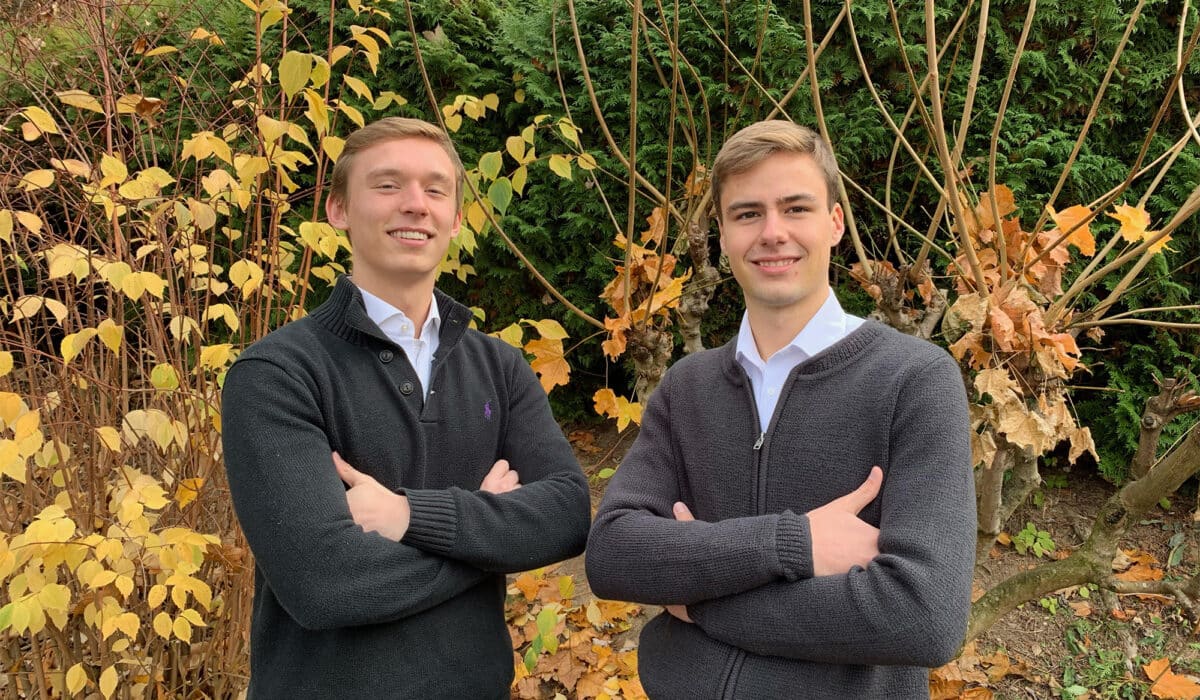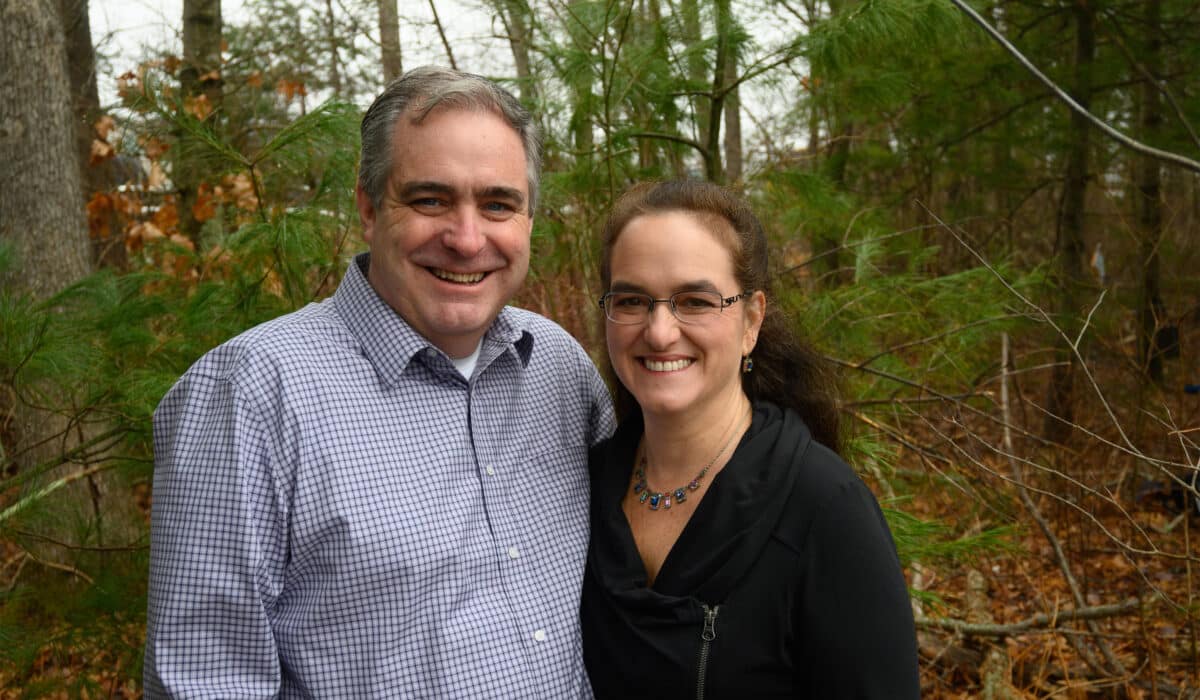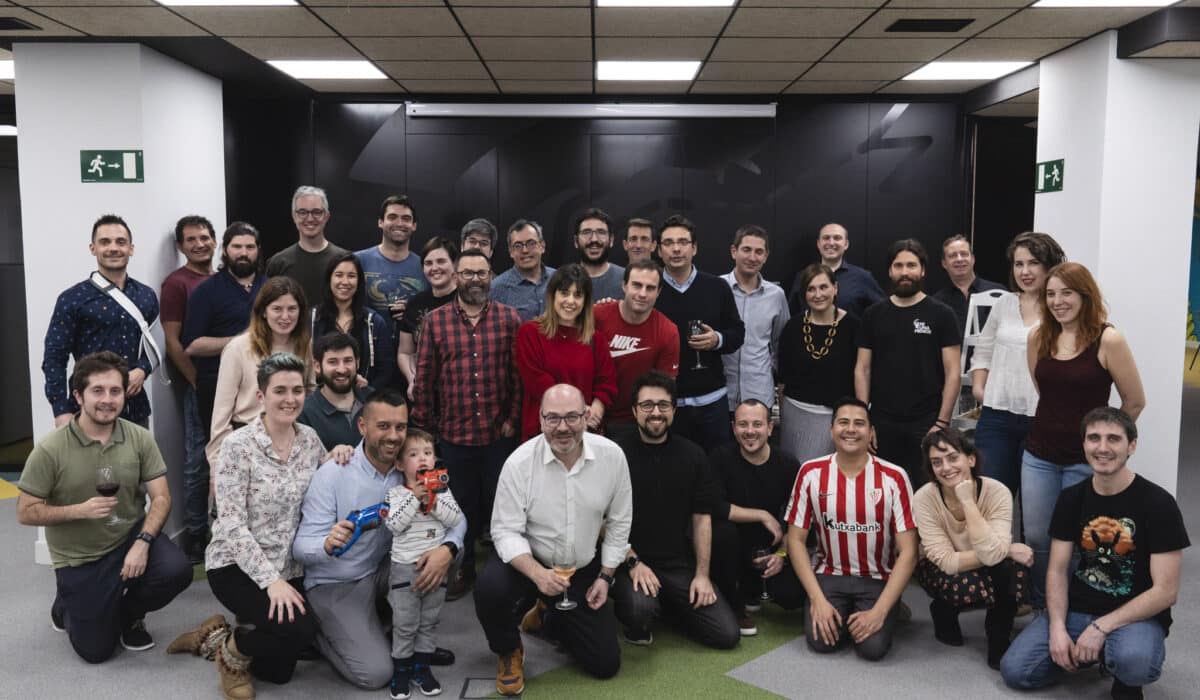German serial entrepreneur Johannes Jäschke founded his first startup at age 14, four years before he would enter college to get a formal education in business management. He sold his share in that company, an entertainment agency called Promotionfabrik, after three years.
He continued to build bootstrapped startups with varying success throughout his college years as well as working as an assistant to founders of larger startups to hone his chops in the work of running a company.
After founding three businesses in five years, Jäschke became self-reflective at age 20 and became interested in personal development. He wasn’t seeking out hypnosis, but he was hypnotized once and was quickly convinced of its use as a therapeutic practice. He was enthralled with how effective the practice seemed to be, yet it wasn’t given the respect he thought it deserved.
Toward the end of his college years, Jäschke set out to bring hypnosis to the masses with strong science behind it. He and Christian Sowa, with whom he’d previously co-founded an ill-fated e-commerce business, launched the Hypnu app in early 2020, just before the pandemic hit Europe.
The timing of their launch, Jäschke told Business Insider, poised the company for strong growth from the start. “We started before [COVID] and were among the crisis winners,” he said. “It gave us an enormous boost as we were able to help people with anxiety disorders and stress.”
A rise in pandemic-related anxiety and stress, combined with avoidance of medical facilities and lack of access to therapists, herded users toward apps that could help them tend to their mental health from home.
Jäschke told They Got Acquired that app store optimization (ASO) was key to capturing those users.
“Many competitors (Calm, Headspace) weren’t optimized at all,” he said. “That made it really easy to ‘steal’ their traffic,” even though those brands had a head start in the market.
Hypnu is designed specifically to help people fall asleep with guided hypnosis. Jäschke acknowledges that hypnosis doesn’t work for everyone, but the app relies on multiple studies that support the use of sleep hypnosis. The app offers guided audio sessions meant to lull the user into a relaxed state, which can lead you into a trance that transitions into normal sleep.
How this app creator sold to an international hypnosis clinic
Jäschke ran the company successfully for four years before he was ready to move on.
In that time, he built the company with the help of just two freelancers. (Sowa left the company after launch.) They grew to more than 100,000 app installs and 2,000 monthly active users, with an email list of 22,000.
Relying on premium app subscriptions meant a low lifetime value for each user, so the company couldn’t justify spending a lot on advertising. The team instead relied on ASO and search engine optimization (SEO) to help high-intent users find the app on their own.
In 2024, Jäschke began seeking to sell the company so he could build something new. “The process,” he said, “was way easier and faster than I expected.”
He tried listing the business for sale on Flippa but didn’t connect with the right buyer there. He ultimately reached out directly to an old contact at Morpheus Clinic of Hypnosis in Toronto, Canada, who’d expressed interest in investing in Hypnu two years earlier.
Morpheus was an early partner that licensed hypnosis recordings to the app, and Jäschke had stayed in touch with its founder, Luke Chao.
The clinic offers hypnosis therapy for clients, and trains and certifies new hypnosis professionals. The therapy helps with issues like weight loss, smoking cessation, overcoming phobias, public speaking and more, including sleep.
“Morpheus was interested mainly because they wanted to scale their business model and digitalize it,” Jäschke said. “And they believed having an app is a great signal of a market leader.”
In October 2024, Jäschke inked a mid-6-figure deal with Morpheus to sell the business, valuing it at 2.5x revenue. The sale included an earn-out tied to future sales.
The main challenge of selling, Jäschke said, was “the emotional journey.” He said, “[Selling] is such a big step after years of working on the business.”
For other founders thinking about selling, Jäschke recommended you “prepare everything now,” so you don’t have to scramble to put together your financial records and contracts at the last minute.
He also suggested using ChatGPT to prompt you with questions to answer about your business and what to ask the buyer to make the process go smoothly.


